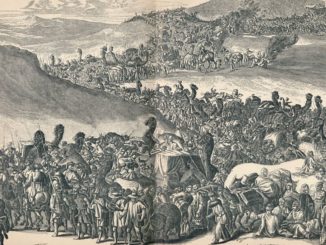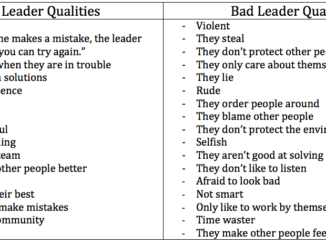
Ask anyone in the street what they can tell you about King Solomon, and almost everyone will reply that he was noted for his wisdom. Most people will also agree that Solomon is presented in the Bible not only as a wise king, but a good king. Where do these common misbeliefs originate? Was King Solomon really a prince of wisdom? Was he truly an upright, worthy person? Does he actually deserve his stature in popular imagination?
The Bible chroniclers, in fact, try to portray Solomon both ways. According to the Bible, Solomon was both wise and foolish. He is also portrayed as both an admirable figure and one completely lacking in honor and rectitude. One of the first signs of this dual approach occurs early in the Biblical account of Solomon’s reign. In the Old Testament Book of Kings, the historian notes that Solomon had scarcely ascended to the throne when his mother, Bathsheba, came to visit him. She has a request. Solomon answers, “Ask anything of me, mother, for I’ll not refuse you!” So she does. And what does Solomon do? He not only rejects his mother’s request, but does the exact opposite! She asks that Solomon’s brother be permitted to marry a certain handmaiden. But Solomon has eyes on the girl himself. So he orders that his brother be immediately put to death! [3 Kings 2:20-25 LXX].
Soon afterwards, the Bible rhapsodizes that “the wisdom of Solomon abounded exceedingly. Solomon’s wisdom went way beyond the wisdom of all the ancient prophets and philosophers, and even beyond the collected wisdom of all the wise men who ever lived in Egypt!” [3 Kings 3:1].
It’s one thing to make a statement, quite another thing to prove it. What does the Bible offer by way of proof of Solomon’s abundant wisdom? Answer: Nothing!
Yes, there is an old, old story about two women who were disputing the parentage of a baby. This tale was at least a thousand years old before the Biblical historian got hold of it. And it is of course more than possible that Solomon knew this tale and applied it to a real circumstance. But in any case, the insertion of the tale at this point [3 Kings 3:16-28] does nothing to prove that Solomon was wise. All it proves is that Solomon was an astute opportunist who had a good memory.
The rest of the lengthy Biblical account of Solomon’s reign is mostly taken up with totally extraneous bragging about how wealthy Solomon was, and how many wives he had, and how he ordered the construction of God’s Temple and his Palace and filled both with the most luxurious of appointments (most especially those in the Palace). The only hint of wisdom is provided in a brief account of the way Solomon pulled a fast one on King Hiram of Tyre by selling him “twenty towns in Galilee” for “one hundred and twenty talents of gold.” The “towns” were actually a collection of worthless hovels. Hiram was so unhappy that he changed the name of the towns to Sterile!
Towards the end of the Biblical account, the chronicler’s grovelling attitude towards Solomon undergoes an abrupt change. Suddenly Solomon is no longer God’s favored one but His enemy for “Solomon did that which is evil in the sight of the Lord.” And what was this evil? The fact that he didn’t follow in the hideously bloodthirsty footsteps of his father, King David. [3 Kings 11:8].
So rather being portrayed as unreservedly wise and good, the Bible also depicts Solomon as a stupid, callous, evil, opportunistic, self-indulgent, hedonistic tyrant.
Proudly WWW.PONIREVO.COM



